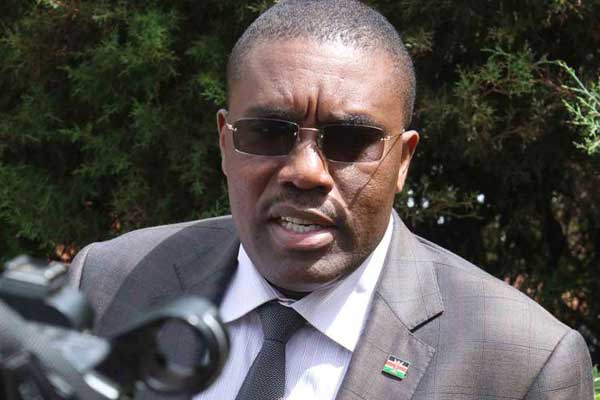×
The Standard e-Paper
Home To Bold Columnists

The Ancient Greek poet Aeschylus, once wrote: “From a small seed a mighty trunk may grow.”
While it is an obvious fact, it sometimes means we should remember that everything that is now fully grown, large and great, was once a tiny seed. Ideas, plan of actions and strategies are also like this.